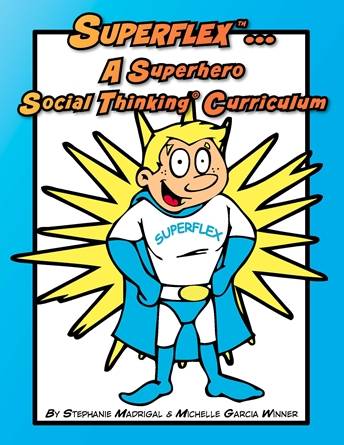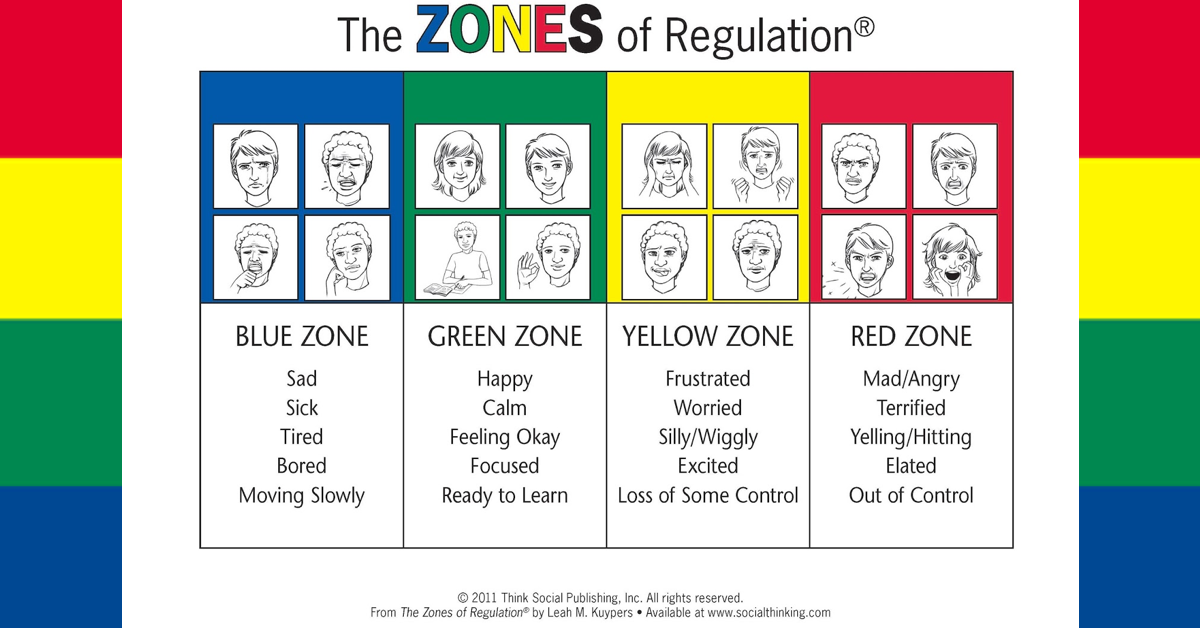Wednesday, December 19, 2018
Thank You!!
What does Mindfulness in the Classroom look like?
Check out our Google Community to find information on Mindfulness in the Classroom.
A few years ago the Hudson community engaged in a yearlong discussion of our vision and mission. These conversations pushed us to refine our beliefs as educators and to focus our efforts on practices that support those beliefs. As you read our vision and mission, you will see that we believe in the affective development of our students as much as the academic. To that end, we have a variety of initiatives that drive our focus on our students' social and emotional health. In the months that follow, I will share more information on these practices.
Vision
Hudson Elementary School is a community of independent thinkers who pursue their passions in a joyful learning environment.
Mission
The Hudson School Community is committed to nurturing resilient, lifelong learners.
3-5 November & December Guidance Lessons
In 3rd, 4th, & 5th grades, our lessons have continued to explore the increasingly complex nature of friendships. At Hudson we teach expectations of respect and kindness. However, as children mature, relationships become more complicated. As adults we often discuss bully behavior with our kids. Sometimes, though, kids hear the word "bully" and have a picture in their heads of a bigger kid pushing around a smaller kid.
In guidance lessons we have begun talking about relational aggression. Relational aggression refers to the harm we can do to each other through our words and actions. Kids identified examples such as purposely excluding someone, eye rolling, spreading rumors, whispering about others, and calling people out. Usually, adults are not witnesses to these actions or are not aware of the undercurrents of aggression. Kids can be left feeling powerless.
Within these discussions, many students recognized that they had participated in relational aggression at one time or another. This was a powerful realization as most people do not see themselves as "bullies." Our purpose in these lessons is to help our kids realize the power that they have as individuals and as a group. Although adults set the tone for the building, our children have the power to ensure that respect is the norm rather than the hope.
As we move forward, we will work together to learn about how to deal with relational aggression and how to avoid participating in it. I will share more with you in the weeks to come about our restorative practices that seek to build connections among students to ensure a positive, forgiving, and nurturing environment at Hudson.
In guidance lessons we have begun talking about relational aggression. Relational aggression refers to the harm we can do to each other through our words and actions. Kids identified examples such as purposely excluding someone, eye rolling, spreading rumors, whispering about others, and calling people out. Usually, adults are not witnesses to these actions or are not aware of the undercurrents of aggression. Kids can be left feeling powerless.
Within these discussions, many students recognized that they had participated in relational aggression at one time or another. This was a powerful realization as most people do not see themselves as "bullies." Our purpose in these lessons is to help our kids realize the power that they have as individuals and as a group. Although adults set the tone for the building, our children have the power to ensure that respect is the norm rather than the hope.
As we move forward, we will work together to learn about how to deal with relational aggression and how to avoid participating in it. I will share more with you in the weeks to come about our restorative practices that seek to build connections among students to ensure a positive, forgiving, and nurturing environment at Hudson.
K-2 November & December Guidance Lessons
In grades K-2 we continue our work with the Zones of Regulation. Students are developing language to describe their feelings and to categorize them into zones. We are now moving our focus to strategies that help ourselves get into the green zone. Using resources from Social Thinking, we have been talking about the thoughts that we have that keep us from regulating our behaviors or emotions. In the coming weeks we will practice sensory strategies that improve focus and regulation.




Wednesday, October 17, 2018
Mix It Up!
Tuesday October 23rd Hudson is celebrating Mix It Up Day.
Students will mix it up by sitting with different people at lunch and
getting to know someone new. We will also recognize Mix It Up Day by
wearing mixed up clothing! If weather permits, we hope to have lunch outside.
What is Mix It Up at Lunch Day?
 A national campaign launched by Teaching
Tolerance over a decade ago, Mix It Up at Lunch Day encourages students to
identify, question, and cross social boundaries. We ask students to move out of their comfort
zones and connect with someone new over lunch.
A national campaign launched by Teaching
Tolerance over a decade ago, Mix It Up at Lunch Day encourages students to
identify, question, and cross social boundaries. We ask students to move out of their comfort
zones and connect with someone new over lunch. It’s a simple act with profound implications. Studies have shown that interactions across group lines can help reduce prejudice. When students interact with those who are different from them, biases and misperceptions can fall away.
From teachingtolerance.org
October Guidance Lessons
In K-2 classrooms, our lessons introduced and reviewed the Zones of Regulation. We categorized emotions that belong in each zone. In the blue and green zones we feel in control and in the yellow and red zones we feel out of control. We emphasized that it is normal to experience different zones at different times. Next time we meet we will practice strategies for getting into the green zone. These lessons support our students' emotional and behavioral regulation skills.
In third, fourth, and fifth grades, we are focusing on creating a positive social environment that fosters kindness, compassion and responsibility. In fourth and fifth grade, we build students' understanding of relational aggression, develop pro-social behaviors and help create a safe social climate.
In third, fourth, and fifth grades, we are focusing on creating a positive social environment that fosters kindness, compassion and responsibility. In fourth and fifth grade, we build students' understanding of relational aggression, develop pro-social behaviors and help create a safe social climate.
Subscribe to:
Posts (Atom)
